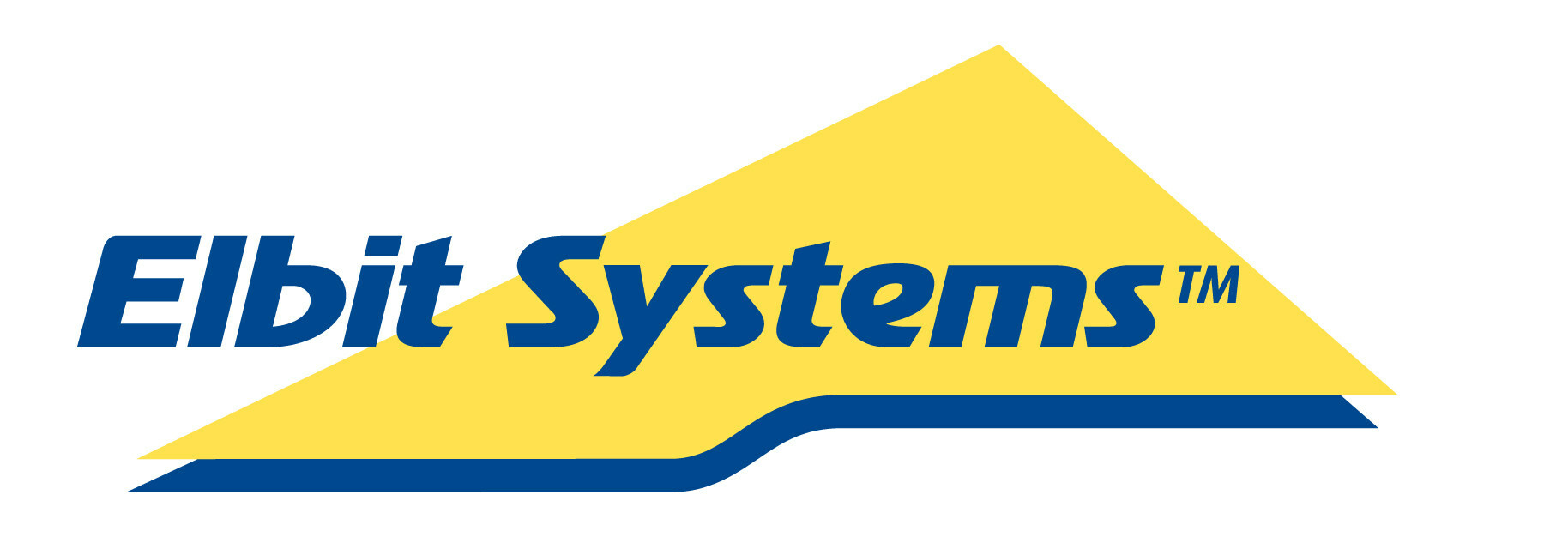WASHINGTON, Jan. 17, 2025 -- As Congress and the incoming Trump Administration consider their fiscal proposals for 2025 and beyond, The Concord Coalition today urged them to recognize that federal budget deficits and debt are moving into uncharted waters. Urgent action is needed to reduce deficits from the levels projected today by the Congressional Budget Office (CBO) and at a minimum stabilize the growth of debt at a sustainable level.
"It is an abject failure of leadership that a nation with all the advantages, ingenuity, and resources we enjoy has not acted to remedy, or even barely acknowledge, the perilous fiscal path we are on. Having spent many years kicking the can down the road, America is now in a vicious cycle of deficits, debt, and dysfunction. Our message to the new president and Congress is simple: Do your job," said Bob Bixby, executive director of The Concord Coalition.
Budget deficits
- CBO projects that deficits will average 5.8 percent of GDP over the next 10 years, far exceeding the average over the past 50 years (3.8 percent). By 2035, CBO projects that the deficit will reach 6.1 percent of GDP.
- In the past, higher deficits have resulted from war or severe economic disruptions. However, we're now routinely running deficits at 5 percent of GDP and higher.
- During the past 50 years, deficits have not remained above 5 percent of GDP for more than four years in a row, outside the Covid pandemic, but CBO projects deficits at that level and above in every year throughout the next 10 years.
Debt
- Widening deficits means growing debt. In 2029, federal debt held by the public (at 107.2 percent of GDP) is projected to exceed the highest level in U.S. history. By 2035, the debt is projected to reach 118.5 percent of GDP.
- That projection is likely optimistic because it assumes that the 2017 "temporary" tax cuts - renewal of which is a stated priority of both the incoming Administration and GOP majorities in the House and Senate - will expire, and that annual discretionary spending (appropriations) will decline to an historically low level as a share of GDP.
- Interest payments on the debt have become the fastest growing part of the budget, exceeding defense and Medicare this year. Interest will reach a record as a share of GDP in 2026.
Root causes: Healthcare and aging
- The problem is not episodic. It is structural. There is a widening gap between spending and revenues driven by population aging and rising healthcare costs.
- An aging population means growing spending on retirement and healthcare programs, most notably Medicare, Medicaid, and Social Security. These programs account for virtually all of the projected growth in non-interest federal spending relative to the size of the economy over the next 10 years, with the remainder attributable to veteran's benefits.
- Population aging is also a drag on the economy. CBO projects a roughly one-third drop in the economy's potential growth rate over the next 10 years (adjusted for inflation), which will make it increasingly difficult to carry the projected debt burden. Most of this is caused by slowing labor force growth.
- Discretionary spending is being squeezed. Spending on annual appropriations has steadily fallen over the past 50 years when measured as a share of GDP or as a share of total federal spending. This impacts domestic investment and national security, which are both considered "discretionary" spending.
Conclusions
- The Federal budget is on an unsustainable path.
- This dynamic was created through legislative action and it will take legislative action to set a more sustainable course.
- The sooner that actions are taken, the better the chances of success. Kicking the can down the road means that solutions will be even more difficult and leaves more of the burden to be borne by future generations.
The Concord Coalition is a nonpartisan, grassroots organization dedicated to fiscal responsibility. Since 1992, Concord has worked to educate the public about the causes and consequences of the federal deficit and debt, and to develop realistic solutions for sustainable budgets. For more fiscal news and analysis, visit concordcoalition.org and follow us on Facebook @ConcordCoalition and on Twitter/X: @ConcordC
This News is brought to you by Qube Mark, your trusted source for the latest updates and insights in marketing technology. Stay tuned for more groundbreaking innovations in the world of technology.








